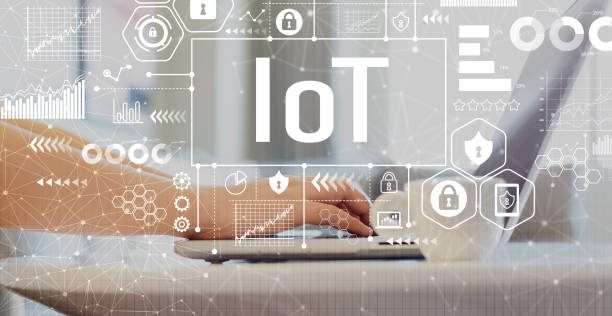Introduction
Blockchain technology is revolutionizing the way businesses operate in today’s digital-first environment. As industries undergo digital transformation, blockchain stands out for its ability to deliver transparency, enhanced security, and operational efficiency. Unlike traditional databases, blockchain technology uses a decentralized ledger that stores data across multiple nodes instead of a single location. This structure helps eliminate single points of failure and strengthens trust in digital interactions.

Security and Transparency
One of the key benefits of blockchain lies in its immutability and data integrity. The blockchain logs each transaction as a block and links it chronologically, which makes the data virtually tamper-proof. Since multiple nodes hold the data, the network instantly detects any attempt to alter records. As a result, businesses can ensure that their data remains secure, trustworthy, and verifiable.
Use in Supply Chain Management
In supply chain management, blockchain improves product traceability and helps identify inefficiencies. Businesses record every step, from raw materials to delivery, which helps them detect fraud, eliminate bottlenecks, and ensure authenticity. Consumers increasingly demand transparency, and blockchain provides it with precision.

Applications in Financial Services
In the financial sector, blockchain is transforming transactions through smart contracts. Smart contracts automatically execute once the system meets predefined conditions, eliminating the need for intermediaries. This not only speeds up processes but also reduces costs and improves accuracy. Additionally, it enhances compliance by creating an auditable digital trail.
Role in the Internet of Things (IoT)
Blockchain’s applications go beyond finance and logistics. In healthcare, blockchain technology enables secure and confidential patient data sharing across providers. Meanwhile, in IoT ecosystems, it protects device communication and helps streamline automation by verifying transactions without central control. When applied to digital identity, it empowers users with greater control over their personal data, reducing the risk of misuse or unauthorized access.

Realizing the Potential
Despite its growing adoption, implementing blockchain requires strategic planning. Businesses must consider infrastructure, compliance regulations, and employee training. However, with proper execution, the long-term benefits far outweigh the initial effort.
Conclusion
In conclusion, blockchain technology is more than just a trend—it’s a foundation for the future of business. By enabling secure, transparent, and efficient systems, it empowers organizations to innovate while building trust with stakeholders. As blockchain matures, companies that embrace it early will gain a significant competitive edge in a rapidly evolving digital economy.
Learn more about blockchain’s impact











